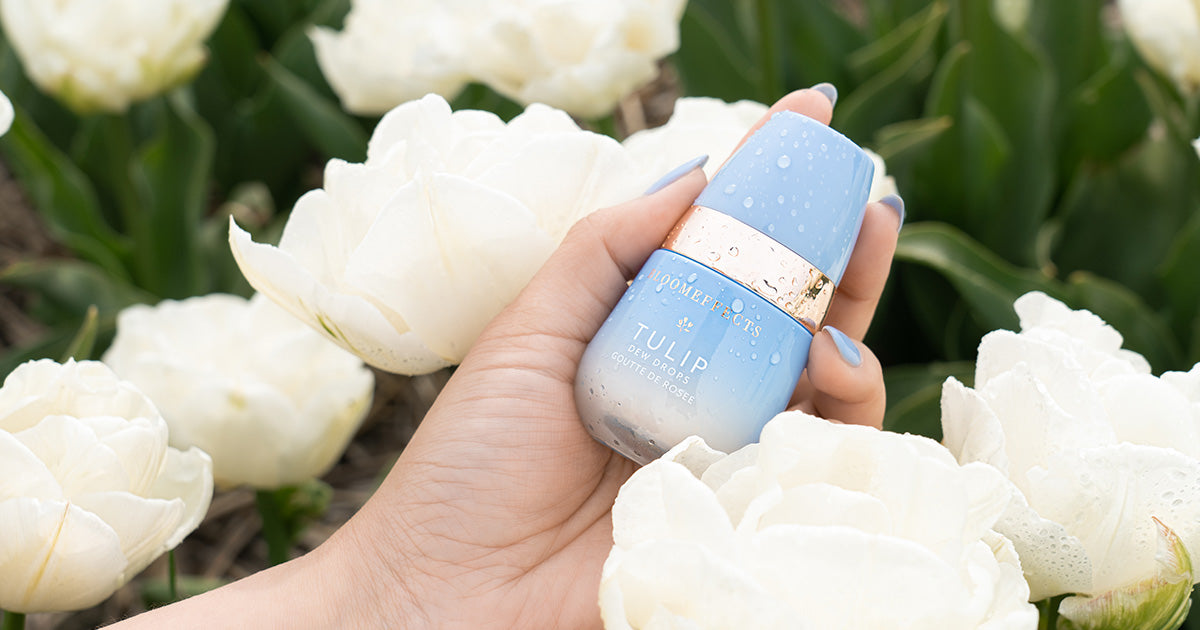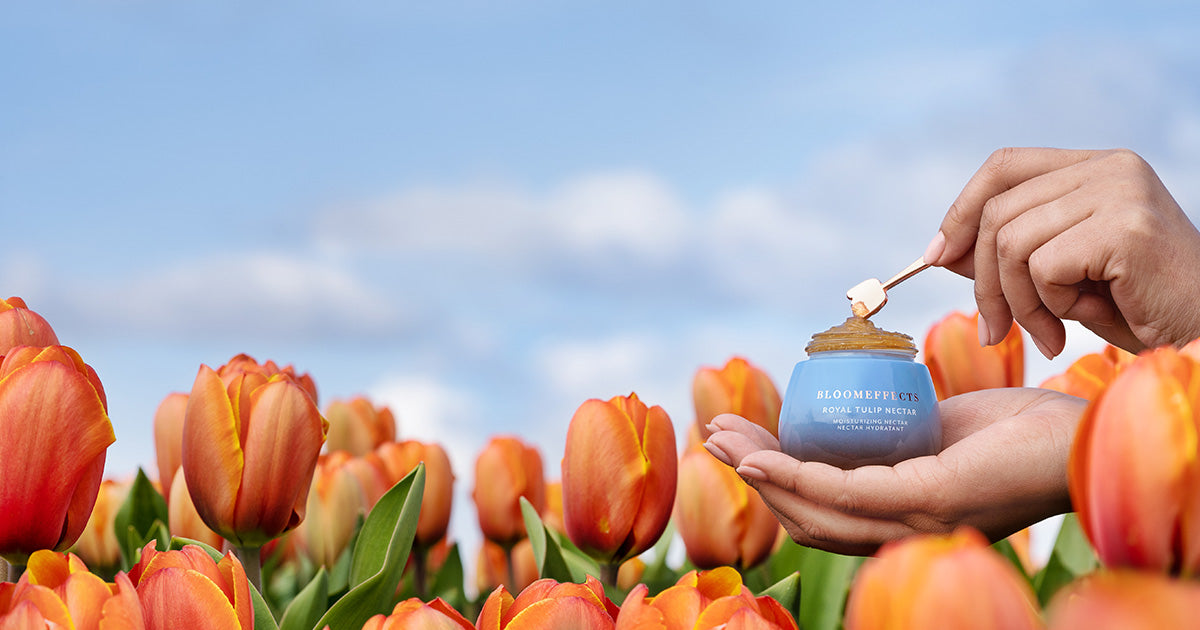The Dutch are feeding the world. Second, to the United States, the Netherlands takes home the silver medal as the largest exporter of agriculture in the world. A strange juxtaposition when comparing how tiny (and densely populated) the country is with its astonishing agricultural efforts. You may ask “how does a country bereft of resources (the main being land) achieve such a ground-breaking accomplishment?”. Well, an ingrained culture of sustainability and preservation certainly plays a role (the Netherlands is a cycling city after all!). As well as, the Dutch’s national commitment to producing ‘twice as much food using half as many resources.
With an increasing global population threatening the agriculture supply chain, changing the archaic practices of global farming is of utmost importance. The world’s eyes should be on the Dutch, the frontrunners of agricultural production who are increasingly modernizing, innovating, and adopting methods to grow more with reduced impact. With less water, less fertilizer, and the goal to eliminate chemical pesticides in greenhouses, Dutch farmers are pioneers at getting the most out of every hectare of land and doing so consciously.
Whilst the Dutch have been enthroned as the world’s agricultural powerhouse by growing huge volumes of production, its efficiency in reducing the use of agrochemicals and emissions are just as commendable. To add to their impressive list, the concentration of high-yielding agriculture - from both larger and family-run farms allows for the protection of former agricultural areas, preserving the landscape and ensuring biodiversity.
Let’s dive deep into some of the greatest and most innovative Dutch farming practices:
Crop Rotation
Crop rotation is the practice of growing different types of crops in the same field following the sequential growing seasons. Such practice improves yield and reduces the reliance on pests, weeds, and one set of nutrients. It aids soil fertility and organic matter, ultimately increasing farm system resilience.
Upcycling
Upcycling, another sustainable process, is the act of innovatively utilizing something that had previously no use by creatively inventing and redesigning it with a new function that is more beneficial and useful than its original form. We are proud to engage in this creative and circular process by extracting the tulip stem cell to create our Proprietary Tulip Complex our skincare is built upon. We are able to transform this wasted resource into our field to face skincare range which is our widely effective secret to youthful, supple, and glowing skin.
Circular Farming
The Netherlands is aiming for circularity in farming, a method of farming that is cohesive with nature. Circular farming begins with restoring soil fertility by minimizing harmful inputs of concentrated feed and chemical fertilizer. By restoring soil fertility, plants can grow more naturally allowing for limited nitrogen losses to air and water.
We take pride in working with H.M van Haaster, a fourth generation family-run Dutch bulb growing company. HM van Haaster incorporates environmentally conscious ideals into their production process to grow our globally renowned award-winning royal tulips that power our skincare formulas. Not only have they removed the use of chemical pesticides, they have also reduced water waste by “watering from below”. This is done through the extensive network of canals that surround their fields and feed water into the soil. Bloomeffects currently upcycles HM van Haaster’s waste bulbs to use in our skincare products and we are researching new ways to incorporate other waste products of the Dutch botanical industry.


